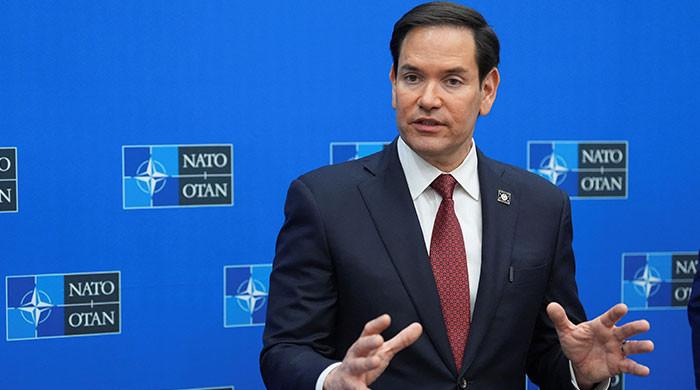Washington: The United States has canceled all the visas held by South Sudanese passport holders following a dispute over the country’s failure to accept the return of its expenses expelled from the United States.
The administration of the American president Donald Trump has taken aggressive measures to accelerate the application of immigration, including the repatriation of people considered as in the United States illegally.
The administration has warned that countries that do not quickly resume their citizens will face consequences, including visa sanctions or prices.
South Sudan had not respected the principle that each country must accept the return of its citizens in a timely manner where another country, including the United States, seeks to withdraw them, said US Secretary of State Marco Rubio in a statement.
“In force immediately, the United States Department of State takes action to revoke all visas held by South Sudanese passport holders and prevent a new program to prevent entry into the United States by South-Sudanese passport holders,” said Rubio.
“We will be ready to review these actions when South Sudan is in full cooperation,” he added.
It’s time for the South Sudan Transitional Government to “stop taking advantage of the United States,” said Rubio.
The South Sudan Embassy in Washington did not immediately respond to a request for comments.
The mediators of the African Union arrived in the capital of South Sudan, Juba, this week for talks aimed at diverting a new civil war in the country, after his first vice-president Riek Machar was placed under house arrest last week.
The government of the president of South Sudan, Salva Kiir, accused Machar – a long -standing rival which led the rebel forces during a 2013-2018 war which killed hundreds of thousands – to try to arouse a new rebellion.
Machar’s detention followed weeks of fighting in the northern state of the upper Nile between the army and the white army militia. The forces of Machar were allied with the white army during the civil war but denied any current link.
The 2013-2018 war was largely waged in ethnic lines, with Dinka fighters – the largest group in the country – putting themselves behind Kiir, and those of the Nuer, the second largest group, supporting Machar.




